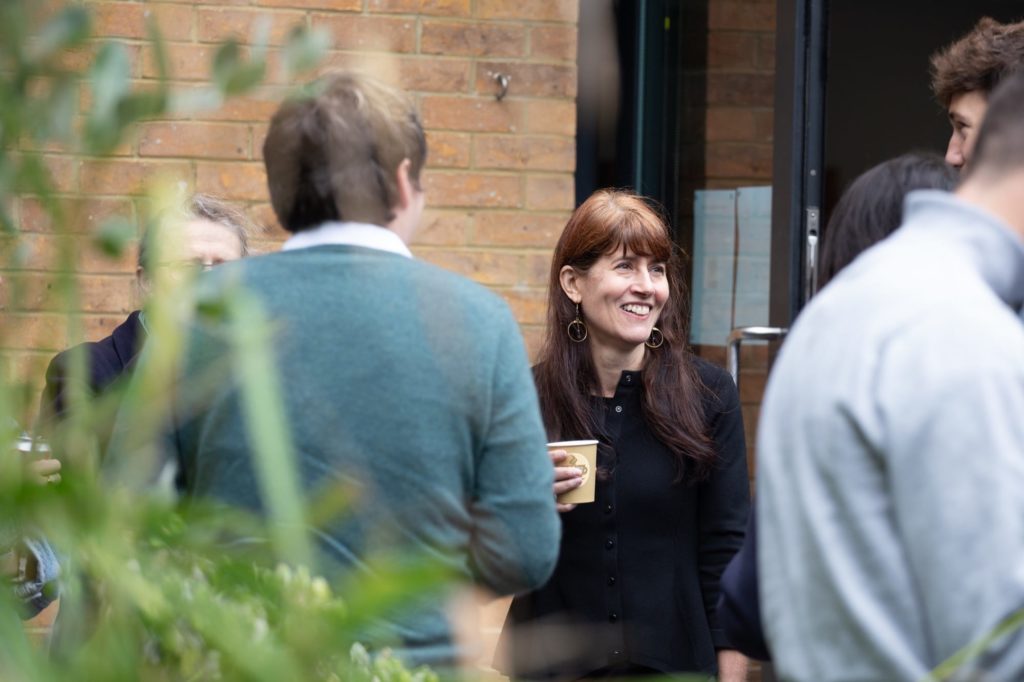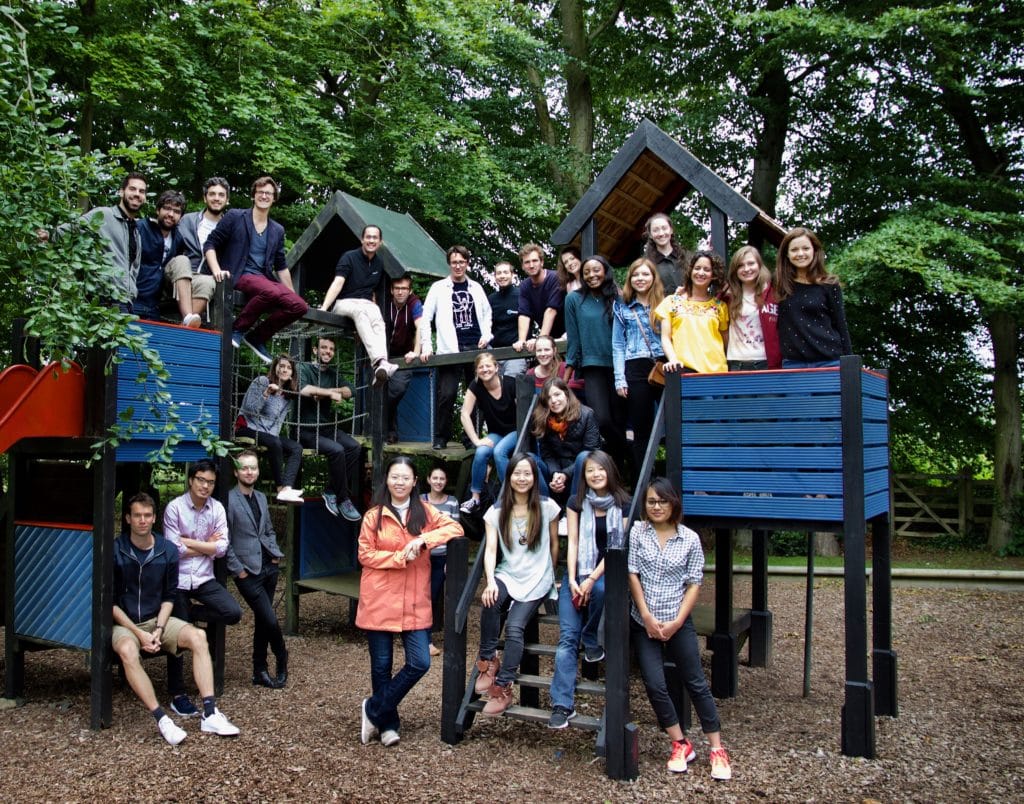
PhD student retreat 2017 by Hansong Ma
Postgraduates
The Gurdon Institute offers a world-class environment for research in developmental, cell and cancer biology, with at least sixteen independent research groups
Get your science career off to the best possible start
- Our research is world-leading and highly regarded
- We have excellent facilities
- Our friendly culture enables you to become part of our community.
The Institute also benefits from a comprehensive support infrastructure including administration, purchasing, accounting, IT support, media preparation, glasswashing and animal husbandry, enabling scientists to concentrate on research work.
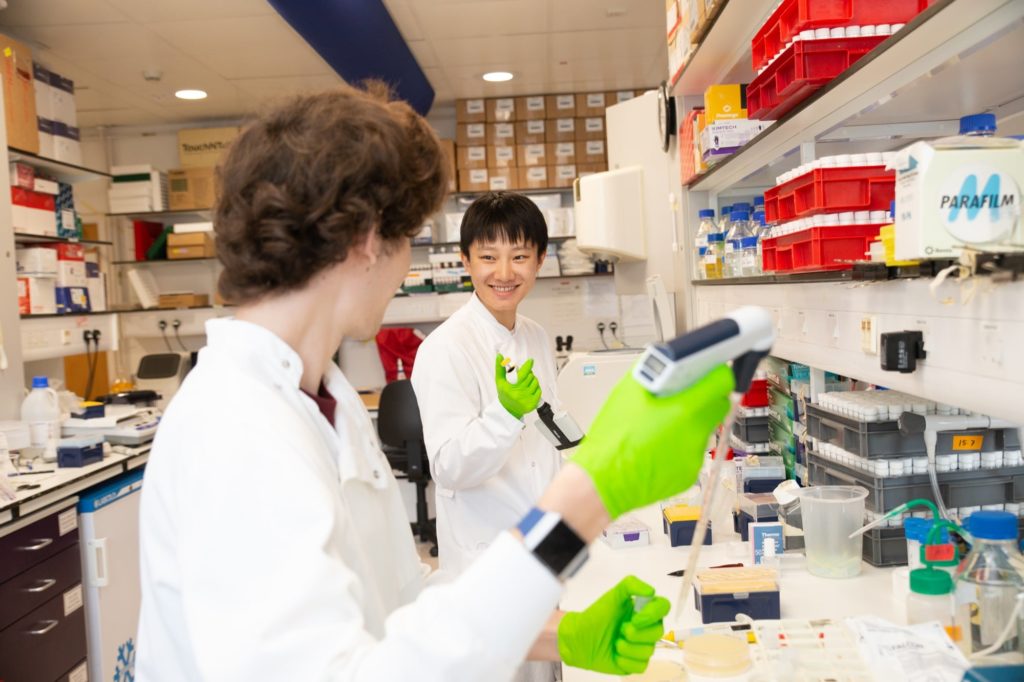
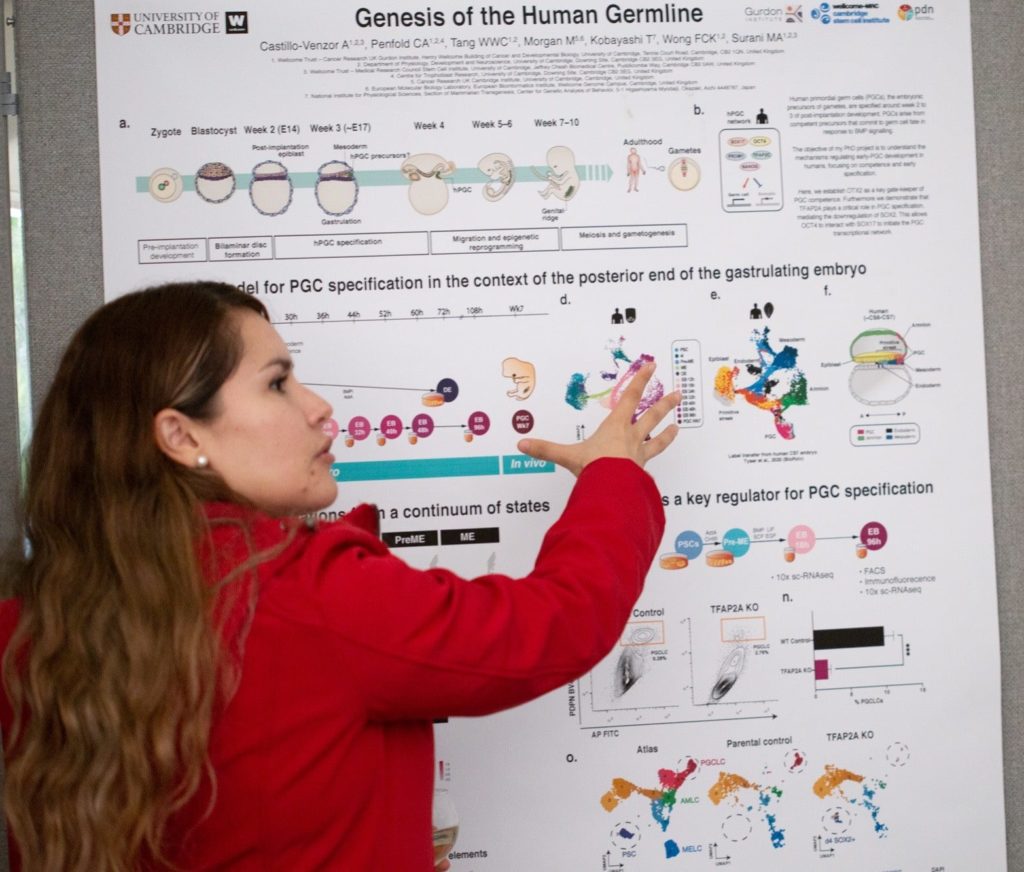
Join us to do your PhD
We welcome enquiries from prospective graduate students. We have a thriving population of PhD students and other graduates who contribute greatly to both the stimulating research environment and the life of the Institute as a whole. Postgraduates also become members of the University biological or medical sciences department to which their group leader is affiliated.
When to apply
Apply to the appropriate course/Department towards the end of the calendar year preceding the October in which you hope to start, hence well before the funding deadlines in early December.
Most people will need to apply for funding but you can also check the University-wide list of adverts for current PhD studentships.
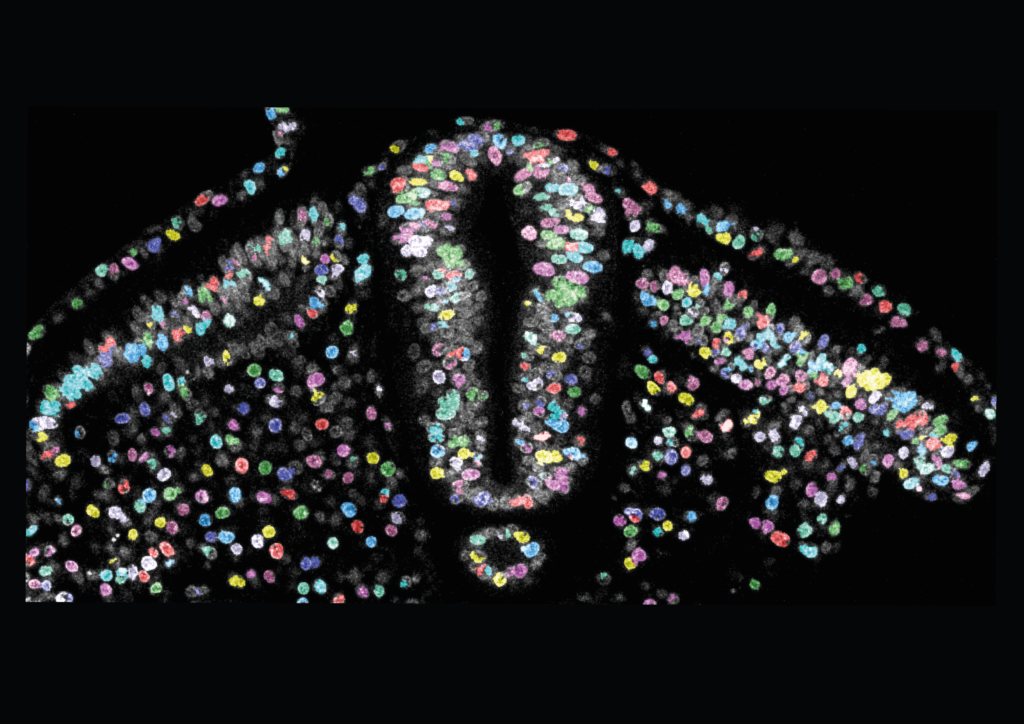
How to get funding
Graduate studentships are supported from various sources, with calls for applications typically released in Autumn/Winter for entry the following October.
- Wellcome Trust MPhil in Developmental Biology
- Wellcome Trust 4-year PhD programme in Stem Cell Biology & Medicine
- CRUK PhD Programme in Cancer Biology
- Cambridge MRC Doctoral Training Programme
- Herchel Smith Research Studentships
- Gates Cambridge Scholarships (non-UK citizens)
- Cambridge Trust Scholarships
- External fellowships obtained from the students’ home countries
- Also look on website of the home department of the Group Leader (Biochemistry, Genetics, etc)
The University’s Graduate Admissions website has the best round-up of funding and bursary information.
Who can you study with?
Most graduate studentships are administered through the Departments where our group leaders are affiliated, even though the relevant labs are entirely within the Gurdon Institute. You must quote the correct Department on your application form (see affiliations below).
At the same time as submitting an application to one of the above schemes you can write to the group leader you wish to join (get in touch by email via our contact form stating group leader of interest). See our Privacy policy for how we deal with your personal information.
Departmental affiliations
- Julie Ahringer, Genetics
- Sumru Bayin, Physiology, Development and Neuroscience
- David Fernandez-Antoran, Pathology
- Jenny Gallop, Biochemistry
- Tony Kouzarides, Pathology
- Emma Rawlins, Physiology, Development and Neuroscience
- Daniel St Johnston, Genetics
- Ben Simons, Applied Maths & Theoretical Physics
- Azim Surani, Physiology, Development and Neuroscience
- Iva Tchasovnikarova, Biochemistry
- Fengzhu Xiong, Physiology, Development and Neuroscience
